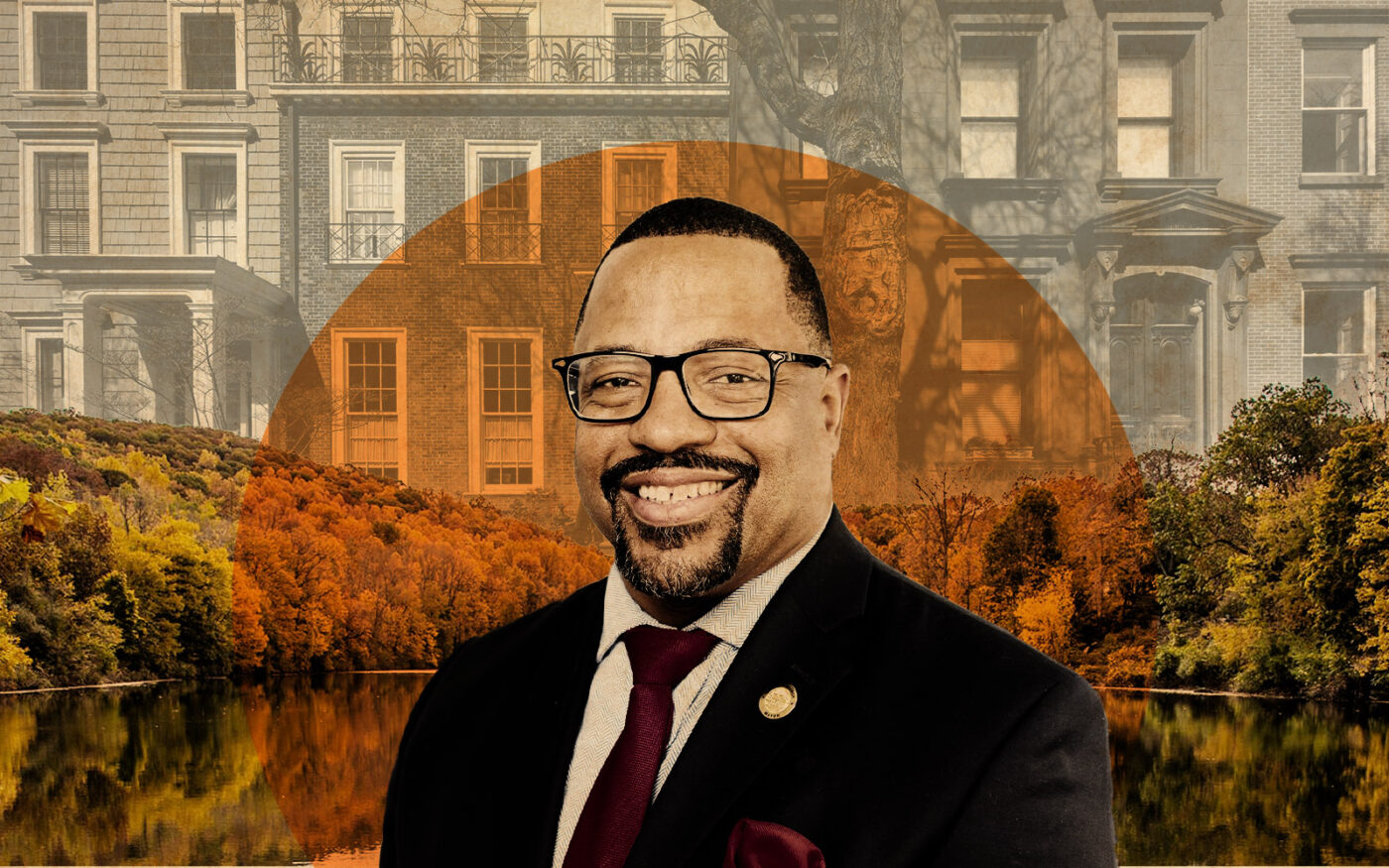 Kingston makes historic move into rent stabilization
Kingston makes historic move into rent stabilization
Trending
Newburgh becomes eligible for rent stabilization
Vacancy rate in Hudson Valley city below 5 percent

Another city in upstate New York has become eligible for rent stabilization.
Newburgh qualified for rent stabilization, the Times Union reported, when a survey calculated the vacancy rate to be 3.93 percent.
State law permits rent stabilization for certain older buildings in a city if a housing emergency is declared. City officials have not done that, but now have that option because a study found the vacancy rate was below 5 percent.
Only 68 buildings were included in the study, which involved a survey of property owners and a look at water usage data. Of the 738 units accounted for in the study, 622 were occupied, 24 were unavailable and 63 were vacant because of construction.
Under the Emergency Tenant Protection Act, rent increases can be regulated by the local government for buildings constructed between February 1947 and January 1974 and with more than six units. Rent stabilization can severely limit rent increases and allow tenants to pass leases on to heirs without the landlord’s approval.
Critics of rent stabilization argue that it limits turnover — making it harder to find affordable housing — and deters landlords from investing in their properties. Proponents argue that it promotes housing stability and affordability.
Last year, Kingston became the first city north of New York City’s northern suburbs to qualify for rent stabilization. New York City has de facto permanent rent stabilization because the rules and market conditions make low vacancy self-perpetuating.
The next step in Newburgh would be the declaration of a housing emergency. The city would need to hold a hearing, which could come as soon as next month. Then, lawmakers would have 30 days to create a nine-person rent guidelines board. Once the state approves, rent stabilization could begin.
Last year, another pro-tenant measure fell short in Newburgh when a judge struck down the city’s good cause eviction law, ruling that it conflicted with state law. That legislation would have let tenants challenge evictions in court if their rent were raised more than 5 percent.
— Holden Walter-Warner
Read more
 Kingston makes historic move into rent stabilization
Kingston makes historic move into rent stabilization
 “Good cause eviction” struck down in Newburgh
“Good cause eviction” struck down in Newburgh
 It’s official: Rent control is about wrecking apartments
It’s official: Rent control is about wrecking apartments




